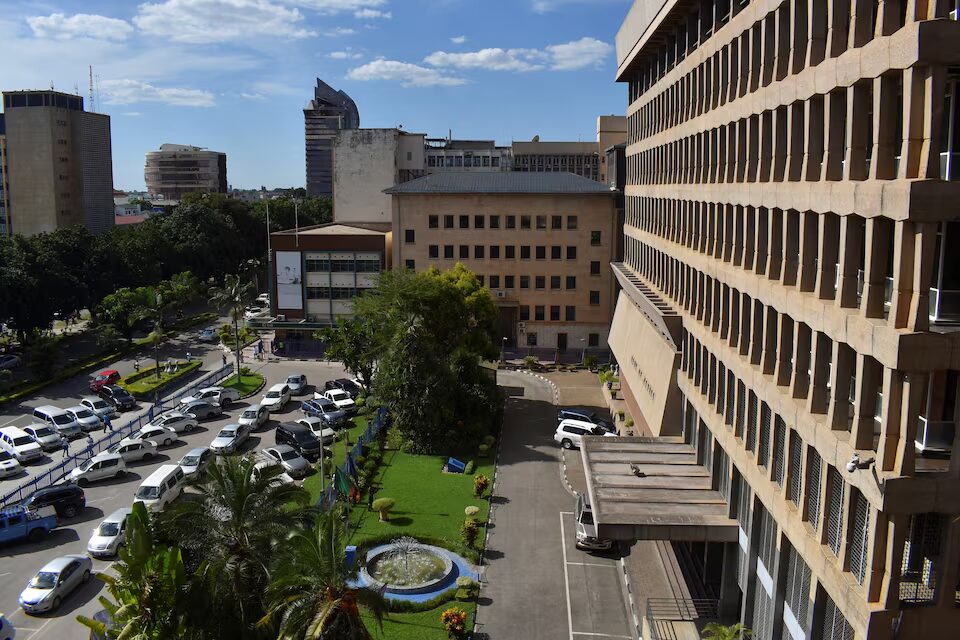
Tuesday 15th April 2025

By inAfrika Reporter
In a strategic pivot, Kenya has scrapped a €1.3 billion deal with a French-led consortium for the expansion of a critical highway and is preparing to hand the project over to a Chinese contractor. The project in question is the upgrade of the 140-kilometer stretch between Nairobi and Nakuru, a key corridor that connects the capital with the central Rift Valley. Originally agreed upon in 2020 during then-President Uhuru Kenyatta’s visit to Paris, the deal with Vinci Highways was structured as a public-private partnership. However, Kenyan authorities say the financing model placed too much risk on the government, particularly around traffic projections needed to guarantee revenue.
Negotiations to revise the terms hit a dead end, prompting Kenya’s roads agency to terminate the agreement. Officials described the original deal as “unbankable,” indicating that private investors were unwilling to support the project without placing the burden of financial viability squarely on the government. Vinci has not publicly commented on the fallout, but insiders suggest that a Chinese state-backed construction firm is now poised to take over the contract.
The decision aligns with a broader pattern seen across Africa where Chinese companies, backed by state financing, have stepped in to implement large infrastructure projects when Western-backed initiatives stall. In Kenya’s case, the move comes at a time when the Ruto administration is actively seeking to deepen financial and diplomatic ties with Beijing. Finance Minister Mbadi recently led a delegation to China, and President Ruto is expected to make a state visit later this month. These developments reflect a renewed push to secure funding for infrastructure without the protracted negotiations often associated with European partners.
For Kenya, the Nairobi–Nakuru highway upgrade is more than just a road project. It is a lifeline for regional trade, connecting the port of Mombasa to inland markets and neighboring countries. The highway’s expansion is expected to reduce congestion, improve safety, and boost commerce. With construction now likely to begin later this year under new terms, the government is hoping to fast-track the project’s economic benefits.
However, this shift also reignites debate over Kenya’s growing reliance on Chinese funding. While China’s willingness to finance and build infrastructure quickly is attractive, concerns linger over long-term debt sustainability and transparency. Kenya’s experience with the Chinese-financed Standard Gauge Railway has already sparked national discussions about the true cost of such partnerships. As this new highway deal unfolds, it will serve as another test of how Kenya manages its infrastructure ambitions alongside its financial realities.


